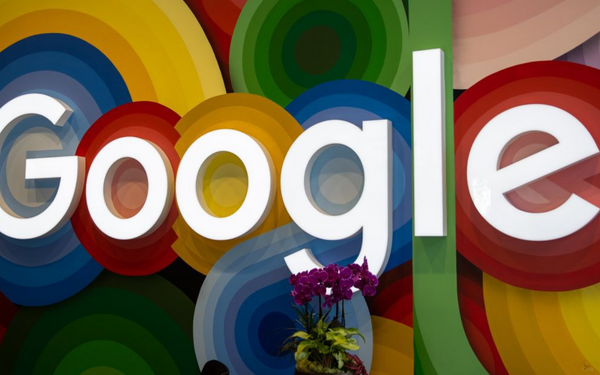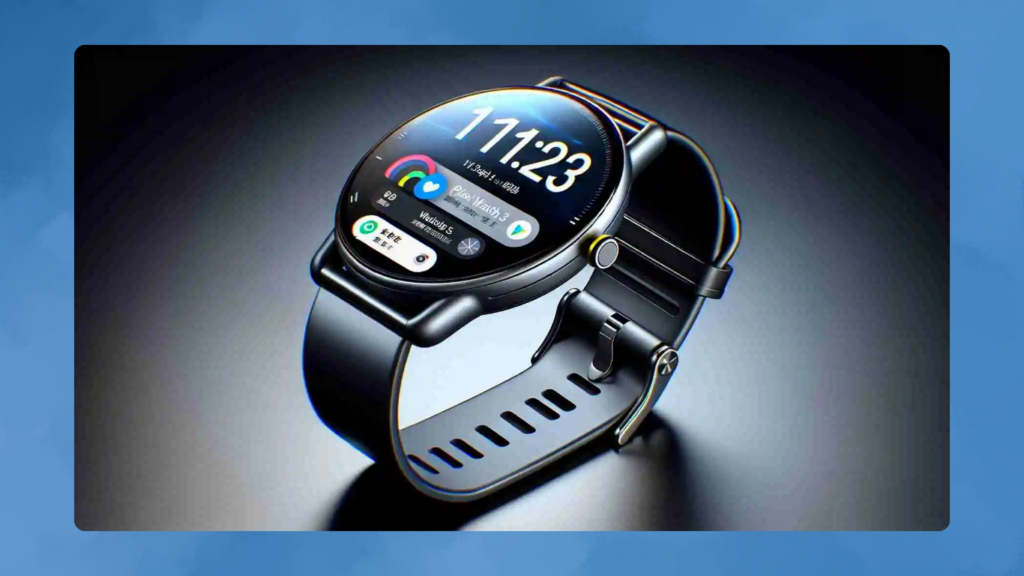Google has unveiled the Pixel Watch 3, highlighting its new focus on fitness and health. This smartwatch brings several notable upgrades, including the innovative Daily Readiness, Cardio Load, and Target Load tools. A standout feature is the Loss of Pulse Detection, which Google claims is a world first.

Available in 41mm and 45mm sizes, the Pixel Watch 3 now features Actua displays that are twice as bright as before, with a peak brightness of 2,000 nits. This ensures that your stats are visible even in bright sunlight. The display also dims to 1 nit in low-light conditions, like in a movie theater.
The updated design includes narrower bezels, giving you more screen space. The 45mm version offers 40% more screen area compared to the Pixel Watch 2, and the 41mm has a 10% increase. Both sizes are more power-efficient, with refresh rates ranging from 60Hz to 1Hz in always-on mode.

The Pixel Watch 3 is powered by Wear OS 5 and a new hybrid architecture, which promises all-day battery life. The new Battery Saver Mode can extend battery life to up to 36 hours. The 45mm model has a 35% larger battery than its predecessor, and the 41mm charges 20% faster.
One of the most notable features is the Loss of Pulse Detection. This function can detect when your heart stops beating and can automatically call emergency services, sending an alert with your location and relevant details.
The watch also includes advanced health tracking tools. Daily Readiness provides insights into your recovery status by evaluating metrics like resting heart rate, HRV, and recent sleep. Cardio Load tracks your heart’s exertion during activities and over time, helping you manage your training. Target Load offers personalized training goals and integrates with the Fitbit Morning Brief, providing weather updates and alerts if your metrics fall outside your personal range.
The Pixel Watch 3 will launch in Europe in September, with the 41mm model priced at $579 and the 45mm model at $669. Pre-orders for the 45mm model show a delivery date of September 10 for Sydney CBD. Google plans to expand the Loss of Pulse Detection feature to more countries in the future.

Subtly charming pop culture geek. Amateur analyst. Freelance tv buff. Coffee lover